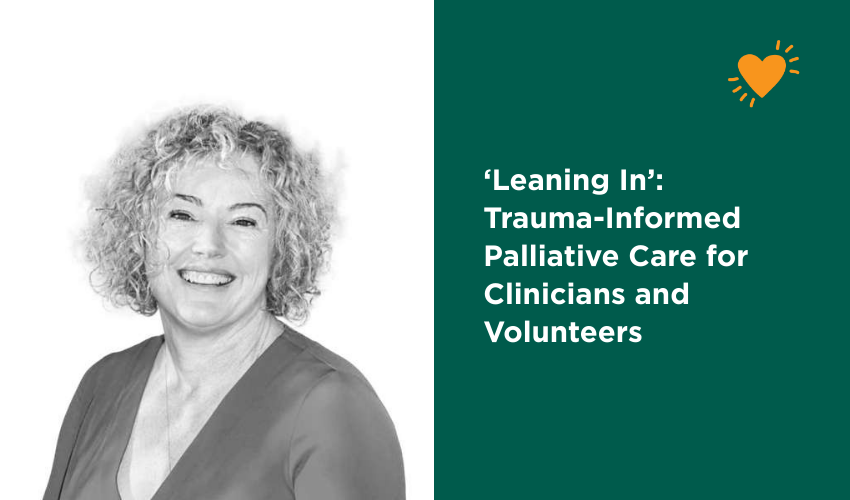Trauma can leave invisible scars that profoundly shape how people experience the world, particularly during the vulnerable final stages of life. For palliative care teams—including both volunteers and clinicians—it is essential to recognise how trauma may influence patients’ behaviours, emotions, and care needs.
Inspired by the insights of Jason Mills and Nikki Johnston’s editorial published in Progress in Palliative Care (2024), trauma-informed care emphasises creating environments that acknowledge past traumas without re-triggering them. This approach is particularly significant in palliative care, where unresolved trauma may resurface, adding complexity to the care journey.
Trauma-informed care involves six key principles: safety, trustworthiness, peer support, collaboration, empowerment, and cultural sensitivity. For volunteers, this may mean offering a listening ear and understanding that certain behaviours or emotions might stem from past experiences. For clinicians, it involves integrating trauma awareness into care plans and communication. Together, these efforts ensure patients receive support that respects their dignity and lived experiences.
The article by Mills and Johnston highlights that trauma-informed care is no longer solely the remit of mental health professionals. Instead, it is a collective responsibility for everyone involved in palliative care. Targeted education and training are crucial to equip volunteers and clinicians with the skills to address trauma’s psychological, physical, and emotional impacts.
Equally, self-care is vital for care teams. Volunteers and clinicians may carry their own invisible scars or experience secondary trauma through their work. A culture of mutual support and reflection is essential to sustain well-being and resilience.
As Mills and Johnston urge, now is the time to normalise trauma-informed practices in palliative care. For volunteers and clinicians alike, adopting this approach enriches the care experience, fostering healing and connection for patients, families, and care teams alike.


